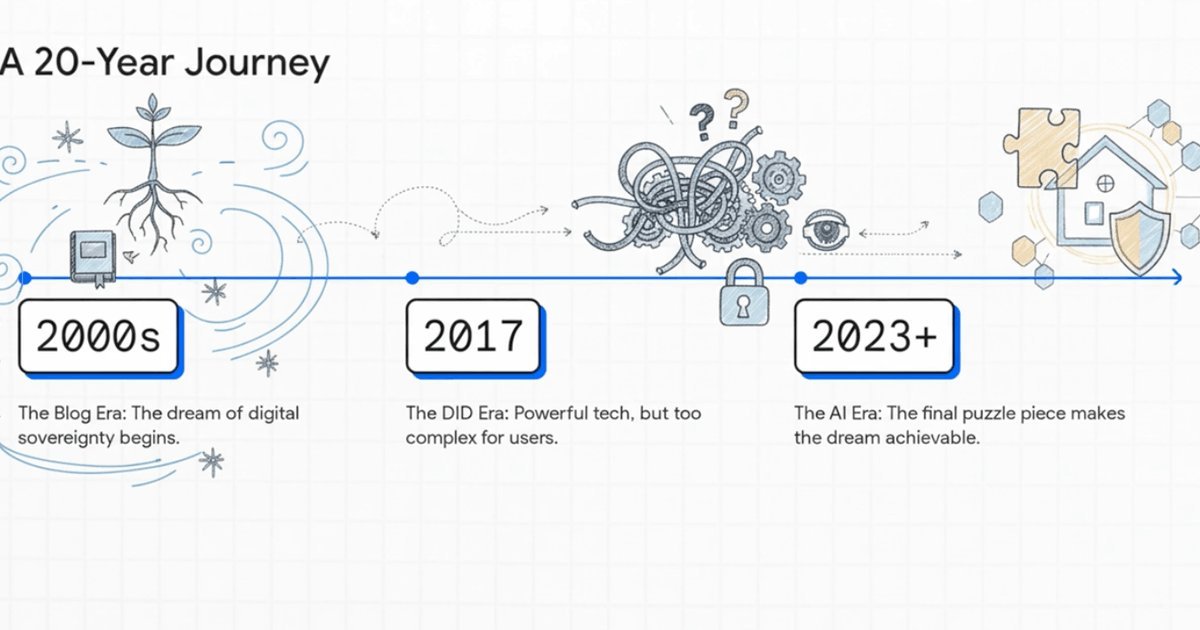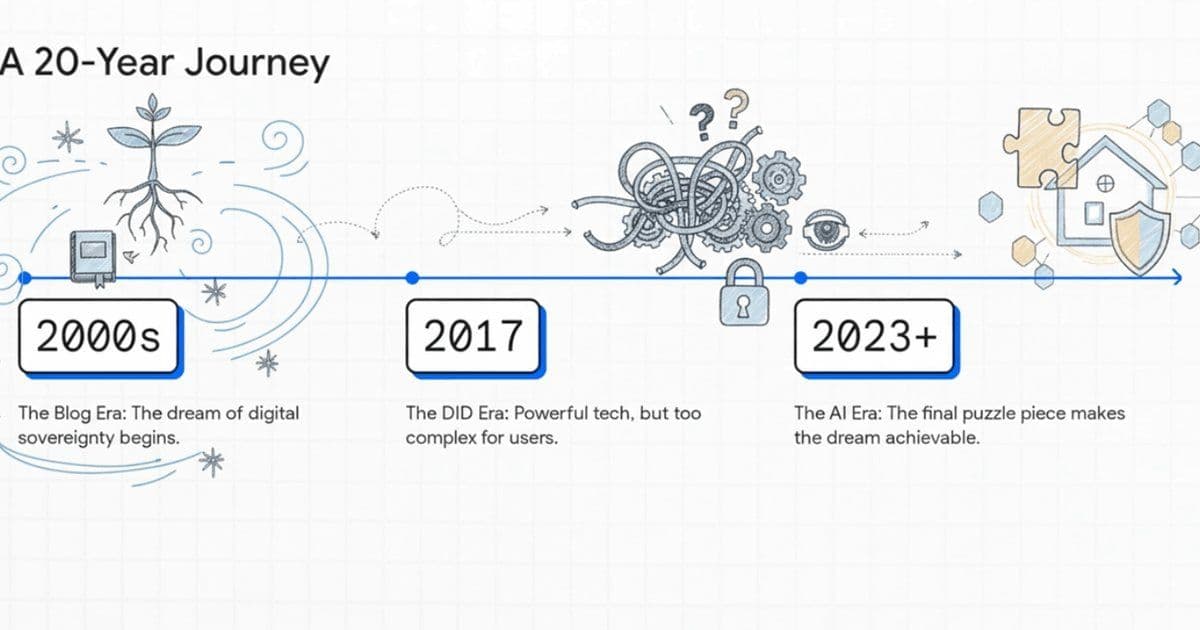Fediverse architect Robert Mao unveils a radical proposal to rebuild social networking around open protocols and user-owned data, challenging centralized platforms by prioritizing decentralized conversations. His 'Comments Network' design uses DIDs and content addressing to let users own their interactions across applications.

Social media’s centralization problem isn’t new—echo chambers, algorithmic manipulation, and data lock-in have become endemic. But while Mastodon and Bluesky offer alternatives, developer Robert Mao argues they don’t go far enough. In a detailed technical proposal, he envisions a protocol-first social layer where users truly own their comments, likes, and connections across any app—a "Comments Network" built on decentralization fundamentals.
Escaping the Walled Gardens
Mao’s critique cuts deep: current platforms trap user-generated interactions—comments, reactions, shares—inside proprietary databases. This fuels engagement-optimized algorithms that prioritize outrage over nuance. His alternative? Treat social interactions like email: standardized, portable, and client-agnostic.
"We need to separate the social data layer from the application layer," Mao writes. "Your social interactions should belong to you, not to a corporation’s database."
The Technical Pillars
- Decentralized Identity (DID): Users control identities via public/private keys, not platform accounts.
- Content Addressing: Interactions (comments, likes) are stored on distributed systems like IPFS, referenced by cryptographic hashes.
- Open Protocols: Standard schemas define how interactions are structured and discovered—akin to SMTP for email.
{
"type": "Comment",
"author": "did:example:123",
"content": "This protocol could change everything!",
"target": "ipfs://bafy..."
}
Example schema for a decentralized comment
Why Developers Should Care
- Interoperability: Build clients without reinventing identity or data storage.
- User Agency: No more API restrictions; users migrate data freely.
- Innovation Frontier: Experiment with algorithms and UIs atop a shared data layer.
The Uphill Battle
Adoption remains the Everest-sized hurdle. Mao acknowledges competing standards (ActivityPub, AT Protocol) but argues his design’s simplicity—focusing solely on comments/reactions—creates a lower barrier to entry. Monetization, moderation, and spam present unresolved challenges, though decentralized reputation systems could help.
This isn’t just tech idealism. As regulators scrutinize platform dominance and users crave control, Mao’s blueprint offers a tangible path toward rebuilding social infrastructure—one where the value of conversation flows back to those who create it, not just those who host it. The tools exist; now we need the will to assemble them differently.

Comments
Please log in or register to join the discussion